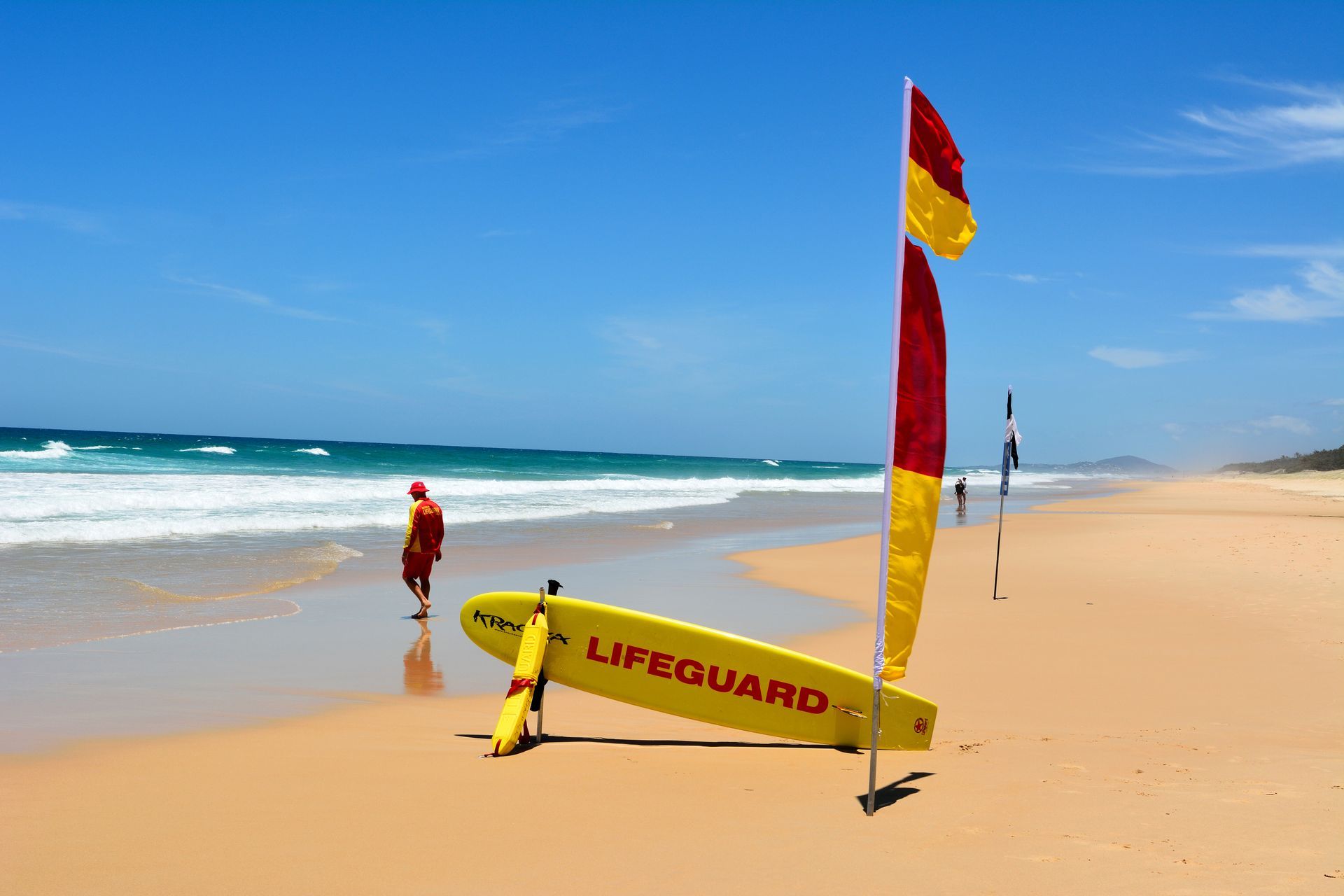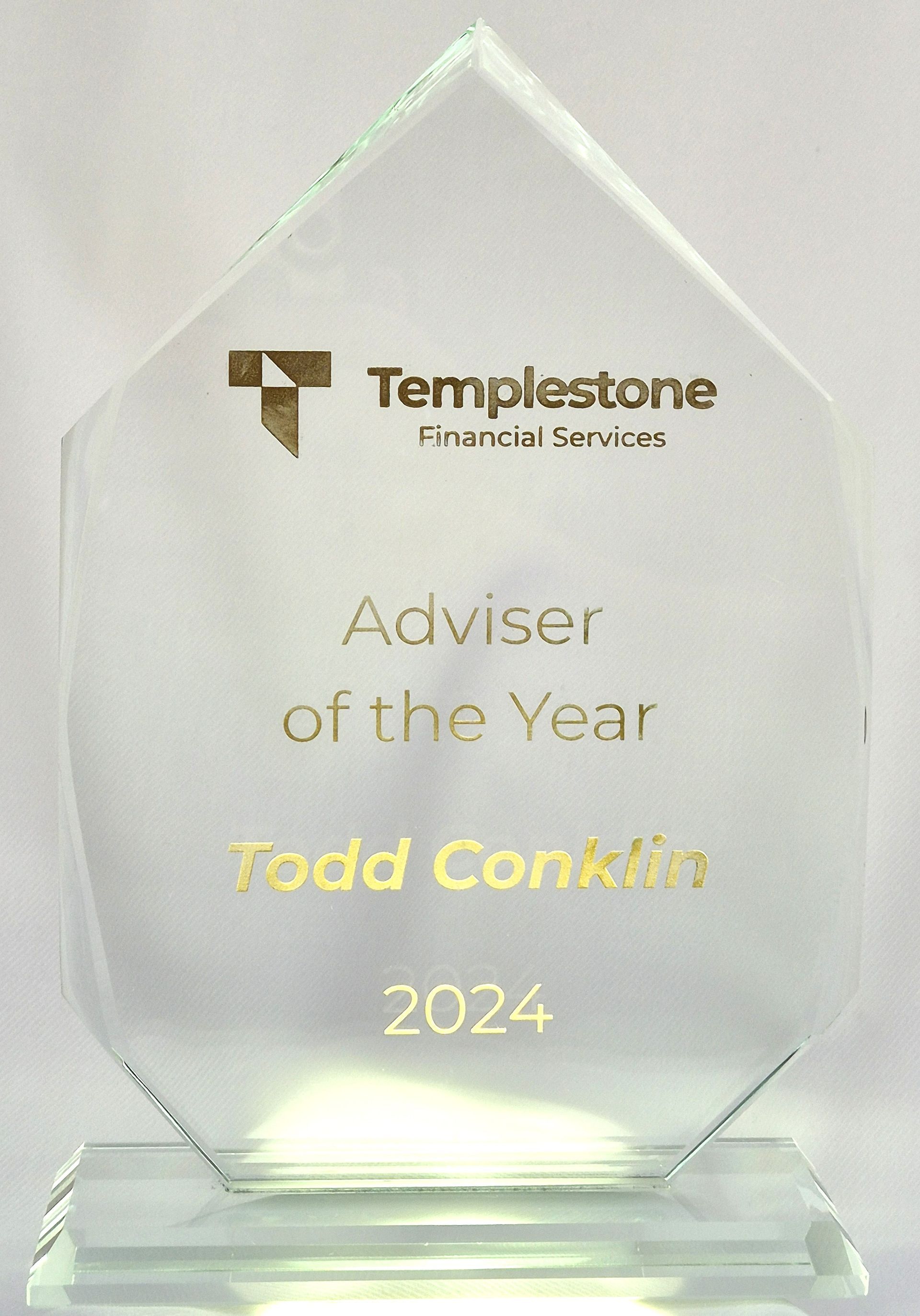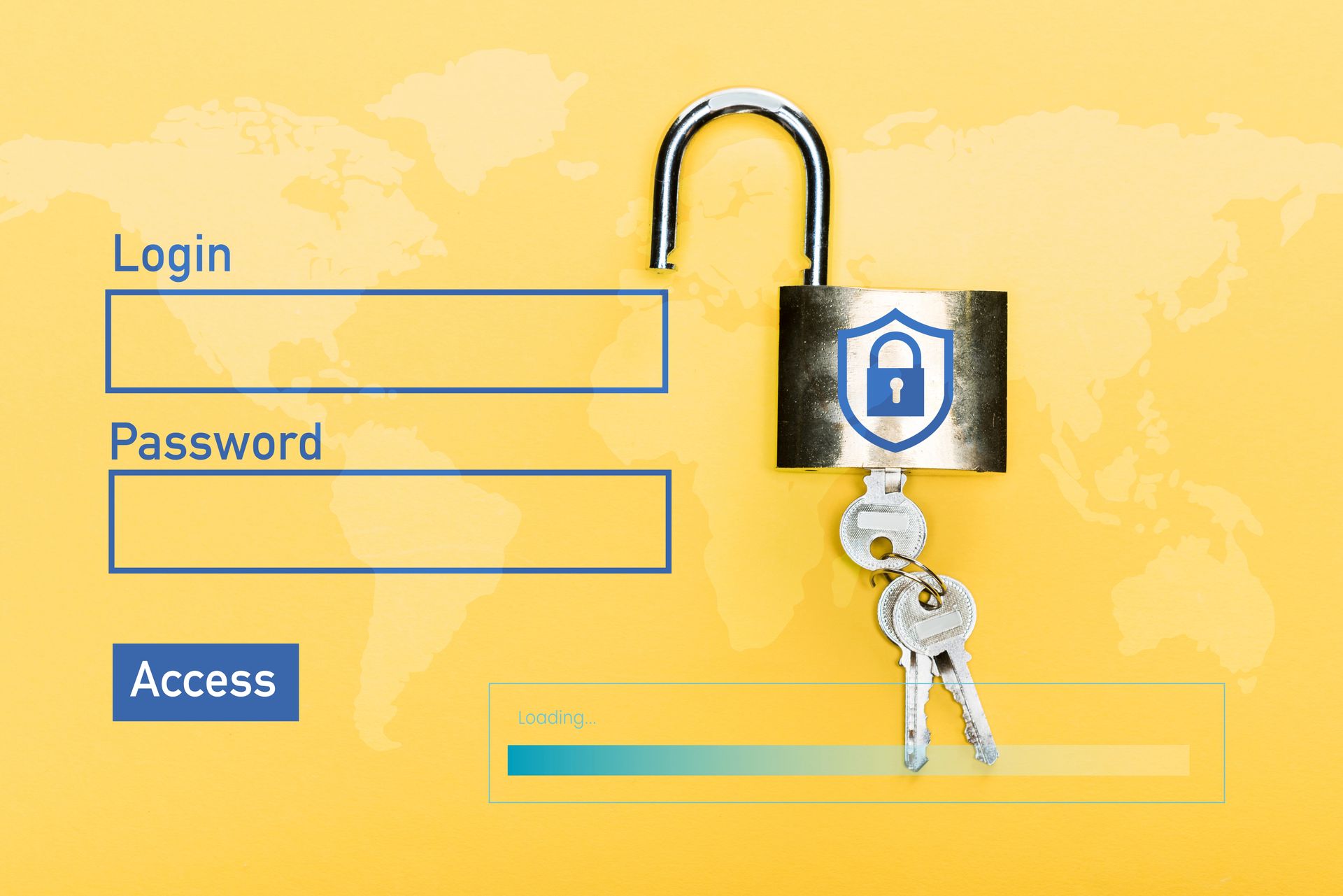Craving Certainty


Nestled in the opening paragraph of our annual agreements is the following sentence:
“As humans, we crave certainty, but we can’t have it. Our value to you lies not in a static plan or projections but in being your co-pilot in your journey, knowing how and when to make course corrections to get you to your destination”
I want to tell you where that statement came from. I’ve had countless conversations with people, who, despite ticking all the boxes for a secure future, still feel a nagging worry that it might not be enough. If this rings a bell, take heart—you're definitely not the only one.
In my chats with clients over the years, 'anxious' is the word that pops up most. If you're in the same boat, working hard and still feeling on edge, here's a couple of friendly points to ponder:
First up, remember that all the spreadsheets in the world can't promise you a worry-free future. They're handy for planning, sure, but they're more like weather forecasts for your finances—they give you a sense of direction, not a pinpoint location.
Second, having a fat bank account doesn't necessarily mean you'll feel secure. I've seen it firsthand: People with more dough than they could ever bake into pies can still be scared of losing it all tomorrow. There's a big difference between feeling secure and being secure.
I’m not saying that planning doesn’t help (or that bigger bank balances don’t help either for that matter). But, what I am saying is that embracing life's ups and downs is part of the journey, just as my clients come to realise. Sure, a curveball can come at any time, but that doesn't mean we live in fear.
The trick is to make peace with uncertainty. There's no ‘secret sauce’ for certainty, and hunting for it is like waiting for a bus at a train station—it's not coming.
A very wise man* recently said “The joy we feel has little to do with the circumstances of our lives and everything to do with the focus of our lives.”
And here's a little routine I've found handy:
- List the things within your power to control — saving for retirement, smart investing, cutting back on expenses, maybe a casual job extra cash.
- Give yourself a gold star for all you've tackled.
- For the things left, roll up your sleeves and make a plan.
- When worry tries to butt in again, revisit your list, take a deep breath, and remind yourself of all you've accomplished.
If you can repeat this process over and over, you’ll have a solid anchor to hold onto when the seas of uncertainty get choppy.
*Russell M. Nelson, Religious Leader

Valo Wealth is committed to guiding you on your journey through an ever-changing landscape. With our unique approach to financial services, we aim to give you the clarity you need to make good financial decisions.










